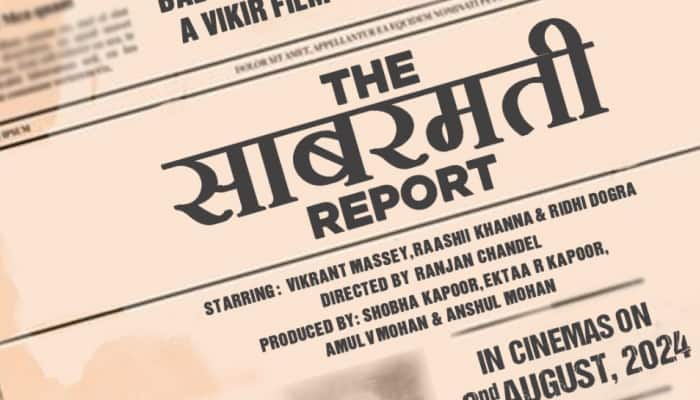Irish PM calls election for February 26
Polls indicate the current coalition government led by Fine Gael`s Kenny with junior centre-left party Labour will struggle to gain the minimum 80 seats.
Trending Photos
)
Leinster: Irish Prime Minister Enda Kenny on Wednesday called parliamentary elections for February 26 in a poll that could see disillusioned voters turn away from established parties to back political mavericks.
"I am seeking a dissolution of Dail Eireann (parliament) today with the election to be held on February 26th," Kenny tweeted before going to President Michael Higgins for formal authorisation.
The two rival centre-right parties that have taken turns leading Irish governments since 1932, Fianna Fail and Fine Gael, have seen their combined dominance among voters recede as support for independent politicians, new parties and anti-austerity groups has risen.
The eurozone nation has the highest economic growth rate in the European Union -- 7.0 percent in the first nine months of last year -- but many voters are disillusioned after years of sacrifices and a financial crisis that has discredited Ireland`s elite.
Polls indicate the current coalition government led by Fine Gael`s Kenny with junior centre-left party Labour will struggle to gain the minimum 80 seats required to form a majority for a second term.
The vote follows an election in Portugal that returned a fragile ruling alliance, and political deadlock in Spain since a December election returned no clear majority that has fuelled fears of risks to the eurozone countries` economic recovery.
Kenny and Labour leader Joan Burton insist that a vote for their parties is the only way to ensure "stability" and protect economic growth.
But both parties, particularly Labour, have seen an ebb in support in polls.
This could mean Kenny cobbling together a coalition with an assortment of small parties and independent politicians, leading a minority government, or holding another election.
Some commentators have even raised the idea of an unprecedented pact between the old adversaries Fine Gael and Fianna Fail, whose differences date back to the opposing sides of the 1920s Irish Civil War.
"Even though Election 2016 will deliver the most anti-establishment and pro-independent results ever, a Fine Gael and Fianna Fail coalition is still the most likely outcome," Noel Whelan, a former Fianna Fail advisor, said in a blog for betting company Paddy Power.
"Government doesn`t come more party-dominated or more establishment than that!"Ireland`s last general election in 2011 delivered an earthquake result in which voters stripped Fianna Fail, long Ireland`s largest party, of all but a nub of their seats in response to a brutal property crash and recession on their watch.
Since then the left-wing Sinn Fein party, the former political wing of the Irish Republican Army, has risen to become one of the most popular parties in opinion polls as it has positioned itself as an anti-austerity force.
Newly-formed groups that could benefit at the expense of traditional parties range from the left-wing Anti-Austerity Alliance-People Before Profit group, to the Social Democrats, to right-leaning Renua Ireland.
Karen Green, a 45-year-old hospital worker from Crumlin in Dublin, said she had been politicised by the fight against new water charges that became a rally point for anti-austerity groups, sparking huge protests and collective refusals to pay.
"It was the straw that broke the camel`s back. I`m in my forties and I`ve seen two recessions and I`ve never seen anything like it," Green said.
She now hopes to help left-wing candidates "shake up" Ireland`s lower house, Dail Eireann.
Much will depend on whether the trends indicated in polls are borne out, if support for Sinn Fein translates into seats, how badly Labour fares and whether voters might quietly return to Fianna Fail under leader Micheal Martin.
According to Queen`s University Belfast politics lecturer Muiris MacCarthaigh, 2016 could be Ireland`s real "earthquake" election.
"A plethora of small parties, alliances and independents have now emerged across the political spectrum," MacCarthaigh wrote in an analysis.
"Agreeing a common programme for government is likely to take a lot longer than the week it took in 2011, and the potential that a diverse coalition of interests may not serve a five-year term is a distinct possibility," he said.
Stay informed on all the latest news, real-time breaking news updates, and follow all the important headlines in india news and world News on Zee News.
Live Tv







)
)
)
)
)
)
)
)
)
)
